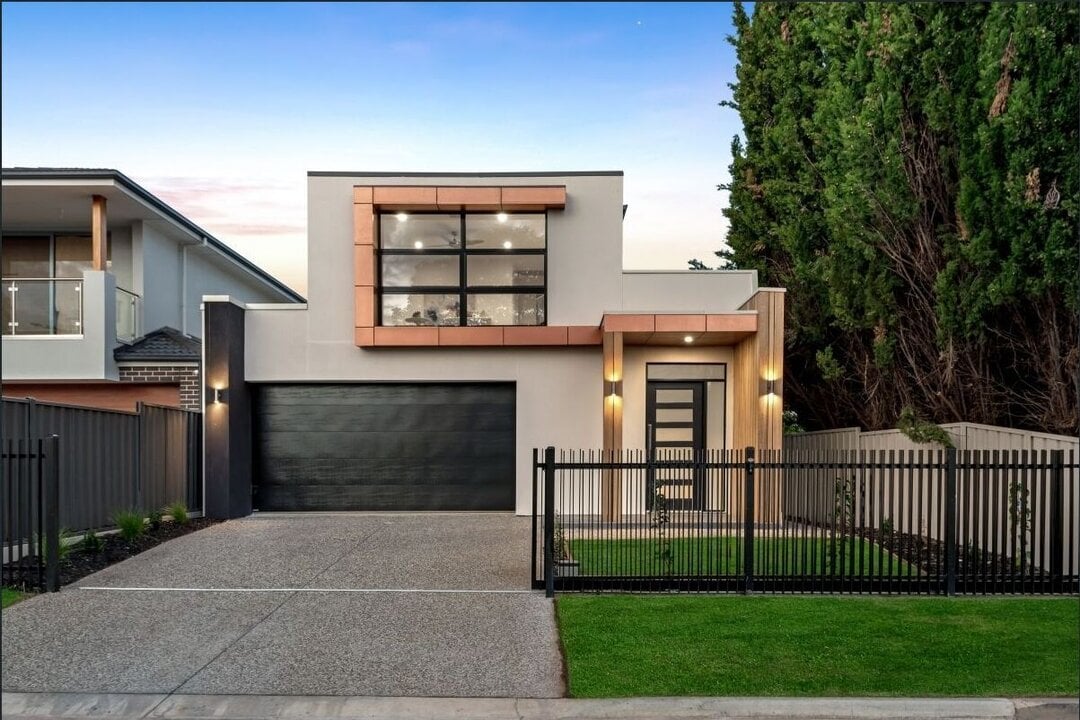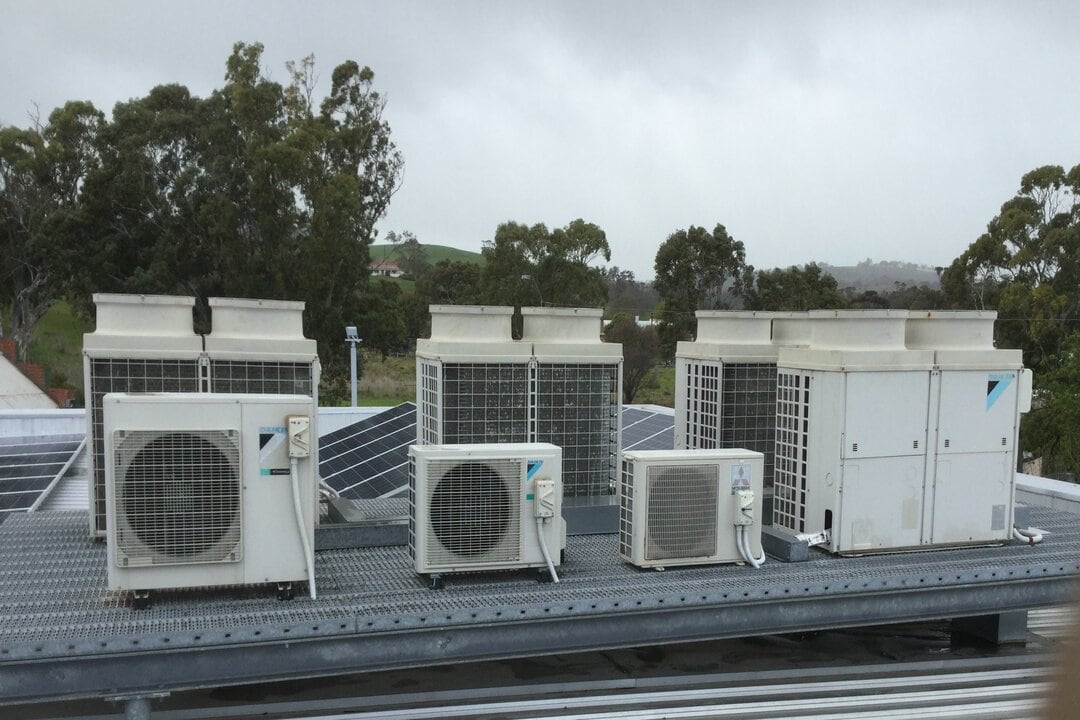 ';
view
';
view

Advantages and Disadvantages of Whirlybirds – Adelaide Roof Ventilation Guide
Whirlybirds, often called roof ventilators, are a familiar feature on many Adelaide homes. Spinning in the wind, they aim to draw hot and damp air out of the roof cavity to improve comfort. But how effective are they in practice — and are they really worth the investment?
In Adelaide’s climate, where still summer heat and chilly winter nights are both common, whirlybirds don’t always perform as promised. This guide covers the real advantages and disadvantages of whirlybirds, how they work in local conditions, and what modern alternatives may deliver better results for your home.
Advantages of Whirlybirds
Whirlybirds remain a familiar choice for Adelaide homes because of their low cost and simple design. They do offer a few practical benefits:
-
Affordable upfront cost – one of the cheapest roof ventilation products to supply and install.
-
Passive operation – no power required; they rotate whenever there’s enough wind.
-
Heat relief in summer – can release some of the hot air trapped in the roof cavity, lowering attic temperatures.
-
Moisture reduction – helps to vent damp air that can lead to mould growth or timber decay.
-
Low maintenance – with no motors or electrical parts, they require little servicing when installed correctly.


Disadvantages of Whirlybirds
Despite their popularity, whirlybirds have serious limitations that Adelaide homeowners need to consider:
-
Rely on wind – no wind = no ventilation. On still summer days, they provide little benefit.
-
Limited airflow – each unit moves only a small volume of air; larger homes may need several.
-
Heat loss in winter – warm indoor air escapes through the roof cavity, raising heating costs.
-
Noise issues – older or poorly installed units often rattle in strong winds.
-
Short lifespan – cheap units may seize or corrode within 5 years.
Do Whirlybirds Work in Adelaide?
Adelaide’s climate exposes the weakness of whirlybirds. On long, hot summer days with no wind, they simply don’t spin, meaning the roof cavity continues to trap heat. When the mercury climbs past 40°C, that’s when ventilation is needed most — and whirlybirds often fail to deliver.
In winter, the problem flips. Whirlybirds allow warm indoor air to escape through the roof cavity. That heat loss can make homes harder to heat and drive up power bills.
Yes, whirlybirds can move some hot air in light winds, but they are far from a complete solution. A balanced approach — combining insulation, sealed roofing, and modern ventilation systems such as solar or mechanical vents — provides far better performance for Adelaide homes year-round.
| Feature | Whirlybirds | Solar Roof Vents | Mechanical Roof Fans |
|---|---|---|---|
| Airflow Performance | ~100–150 m³/hr (wind dependent) | ~400–700 m³/hr (solar motor driven) | 1,000+ m³/hr (powered, high output) |
| Reliability | Only spins in wind | Works whenever there’s sunlight | Works anytime with power |
| Noise | Can rattle in strong winds | Quiet motor | Fan noise possible |
| Energy Use | Free (wind-driven) | Free (solar) | Small electricity cost |
| Cost (Install) | $150–$300 | $500–$900 | $1,000+ |
| Maintenance | Bearings may seize, rust | Very low | Low |
| Lifespan | 5–10 years | 15+ years | 10–15 years |
| Climate Fit (Adelaide) | Poor on still days, winter heat loss | Strong in summer and winter | Best for large roof spaces, commercial sites |

Better Alternatives for Roof Ventilation
If you’re considering ventilation, you may get better value from:
-
Solar-powered roof ventilators – work on still days, energy-efficient, low running cost.
-
Mechanical extraction fans – provide predictable, high airflow for larger roof spaces.
-
Roof insulation upgrades – sometimes insulation delivers more comfort than ventilation.
-
Roof plumbing and sealing – leaks and damp often cause more issues than airflow.
Deadshort Services can inspect your roof and recommend the most effective long-term solution.
FAQs – Common Whirlybird Questions
Do whirlybirds work without wind?
No. They rely on wind to spin. On still days, they don’t ventilate effectively.
Are whirlybirds noisy?
Yes. Older units or poor installations often rattle and whine in windy conditions.
Do whirlybirds cause heat loss in winter?
Yes. Warm air escapes through the roof cavity, which increases heating bills.
How long do whirlybirds last?
Cheaper models may fail within 5 years. Higher-quality units can last 10 years or more.
Are solar roof vents better than whirlybirds?
Yes. Solar-powered ventilators provide consistent performance regardless of wind.
Why Adelaide Homeowners Choose Deadshort Services
Unlike companies that only install whirlybirds, Deadshort Services looks at the whole picture. We’ve worked on Adelaide homes for over 35 years, solving roof ventilation issues with the right solution, not just the cheapest one.
Our trades cover all areas, check out below or click here for the multi trade advantage
-
Roof Plumbing – leaks, gutters, downpipes, stormwater systems
-
Roof Repairs & Restorations – tile, metal, ridge capping, skylights
-
Air Conditioning & Refrigeration – ducted, split, evaporative systems
-
Electrical Services – lighting, solar, switchboards, 24/7 emergencies
-
Plumbing & Gas – hot water, blocked drains, gas fitting
-
Fencing, Gates & Gardens – Colorbond, retaining walls, landscaping
With our multi-trade model, we can handle more than just roof ventilation. If your home needs insulation, repairs, or drainage fixes, we do it all.
One Number. One Call. Multiple Trades. check out our suburb coverage here
Considering whirlybirds for your Adelaide home?
Book a free roof inspection with Deadshort Services membership program





